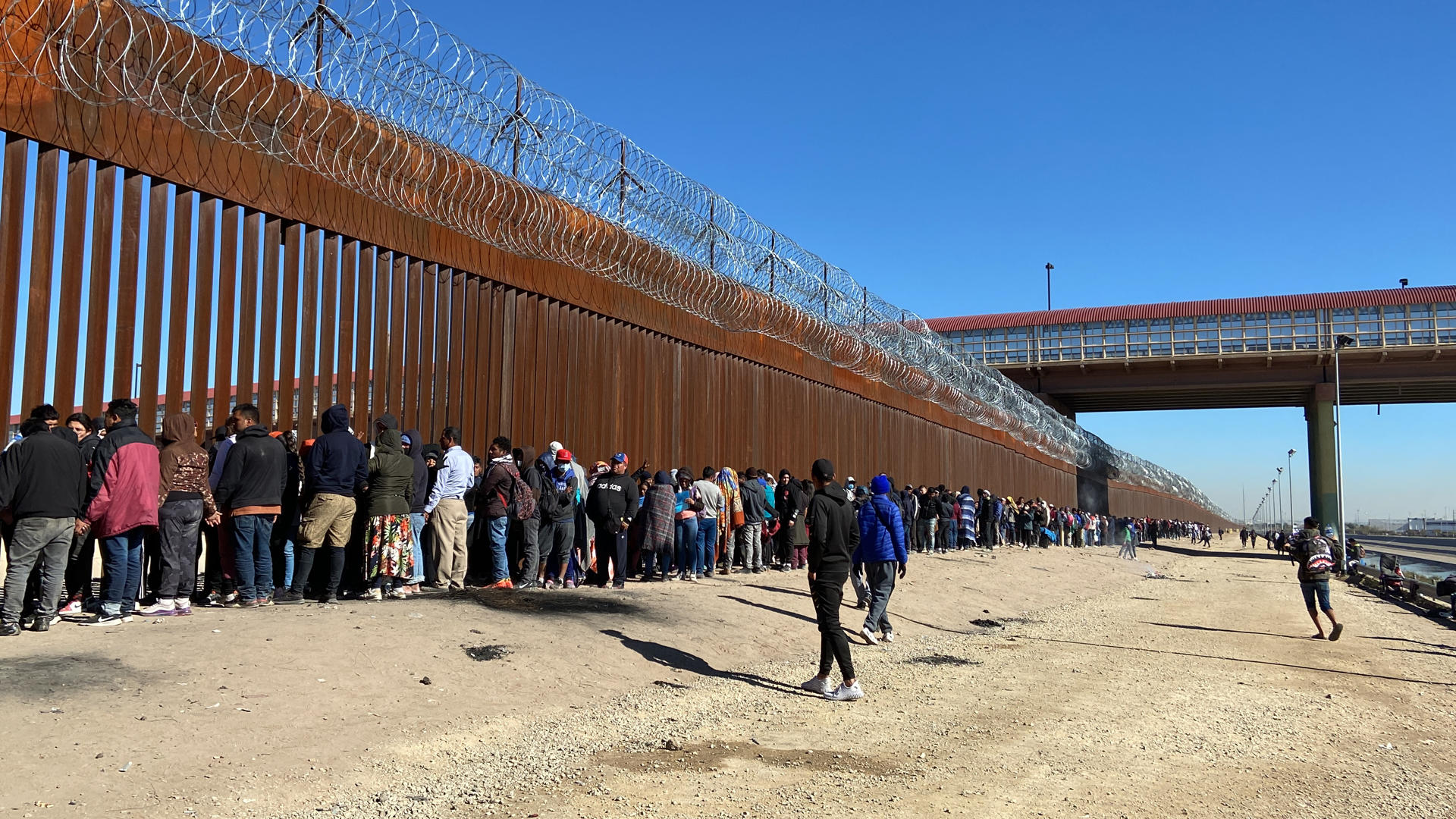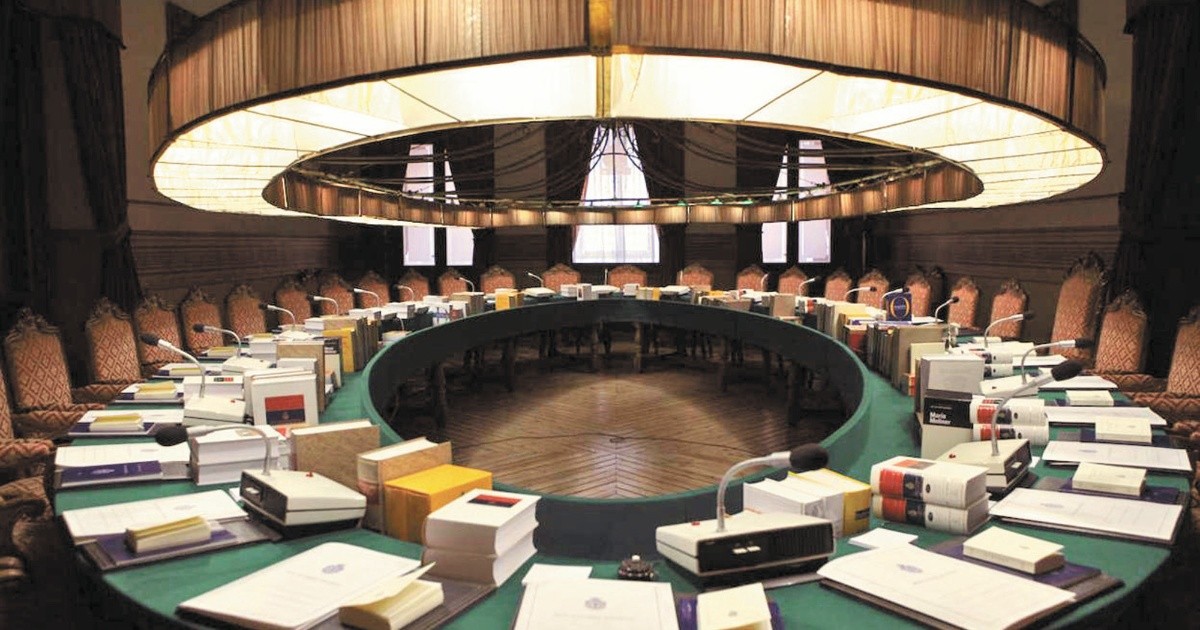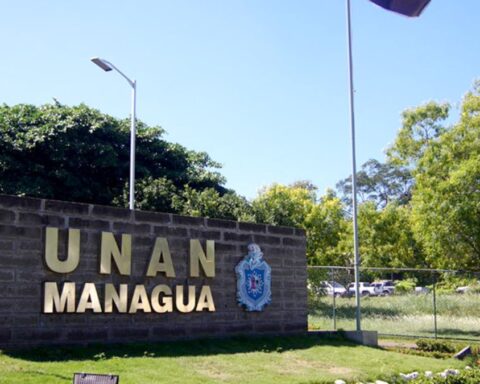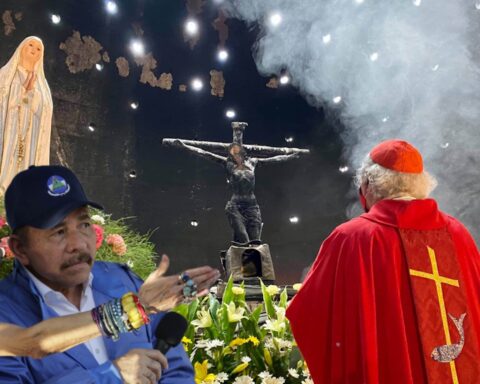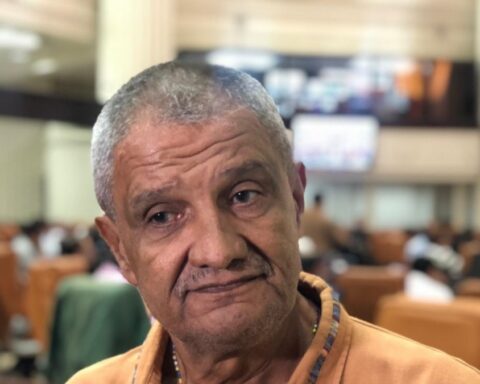The strong military and police presence on the border between Mexico and the United States, on the border between Ciudad Juárez and El Paso, on Wednesday further narrowed the already limited access of migrants trying to cross.
On this day in which Title 42 was going to be lifted, the health regulation that allows immediate expulsions, but which has been temporarily in force, the presence of migrants continues to be massive at the border and those who try to cross find their objective more difficult .
A day after the US National Guard placed barbed wire in the only part of this border area without a wall, hundreds of migrants lined up this Wednesday in the hope that US authorities will let them through and turn themselves in.
The state of Texas sent more than 400 soldiers to the city of El Paso yesterday, to “reinforce border security”, given the increase in “illegal crossings” in the last week, according to a statement from the state’s military department.
Related news: Relatives of a Nicaraguan drowned in the Rio Grande request help for repatriation
Since then, soldiers armed with rifles and military trucks have prevented migrants from crossing a stretch of the border, crossing the Rio Grande through the area without a wall, which is now full of concertinas.
This situation forced hundreds of migrants to move west, where they formed a line in front of a gate in the border wall.
The Border Patrol only opens this door from time to time, which is as high as the wall and each time allows between ten and fifteen people to pass through, detains them and transports them to a processing center to process their cases, according to EFE. .
The goal of the National Guard, in conjunction with the Texas Department of Public Safety (DPS), is to “block the road of entry” where there is no wall and move people to “ports of entry.” , explained to EFE Elliott Torres, spokesman for the DPS.
However, due to Title 42, it is not possible for migrants to request asylum at the ports of entry, so people decide to turn themselves in to be detained by the immigration authorities.
In the long line of migrants, wrapped in blankets to protect themselves from the cold that plagues border cities at nightfall, there were migrants from Ecuador, Peru, Nicaragua and Colombia.
These countries are not subject to Title 42, so the authorities cannot return them to Mexico, as they do with Venezuelans, Mexicans and Central Americans.
“We are all here looking for a different future, different from that of our countries, we are all looking for new opportunities,” Gladys, 36, told EFE. She has been in Ciudad Juárez for three days, sleeping rough in the channel where the Rio Grande flows.
She left Nicaragua a month ago, along with her sisters, leaving her three children in the Central American country. “I would like to go (to the US) for my family that stayed there; I wish I could help them,” she recounted.
Related news: Organization that supports Nicaraguan migrants requests donations to continue humanitarian work
There are dozens of people in front of her in line, waiting for Border Patrol agents to open the gate and let an arbitrary number of people through.
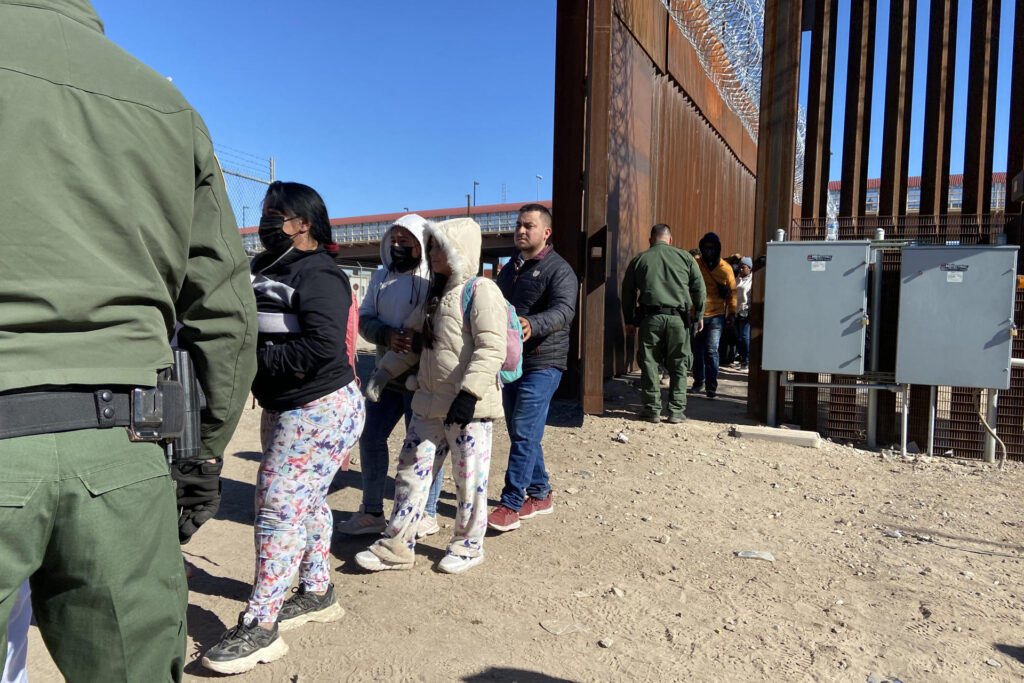
“What they are doing is de facto implementing a counting system, the legality of which has already been questioned in the courts in the past,” Dylan Corbett, director of the Esperanza Border Institute, which works for the rights of migrants in Ciudad Efe, explained to EFE. Juarez and El Paso.
During the administration of former President Donald Trump, authorities at border ports of entry began carrying out this practice, limiting the number of people who could claim asylum at the border.
According to the law, it is necessary to be present on US soil in order to apply for asylum in the country.
In Juárez, watching from afar as others line up to turn themselves in, Venezuelan migrants continue to be stuck in the hope that Title 42 will be lifted.
This is the case of Javier, who told EFE that he thought about crossing, but that the fear of being arrested and then sent back to Mexico stopped him. “All that journey to get here and that they return me and send me to Mexico City or another place (…) I’m going to wait for Christmas,” said the Venezuelan.
Vanesa, also from Venezuela, told EFE the same thing: “Here we are waiting until God allows me to, to mitigate the cold we are fixing the situation with bonfires.”
Before the announcement of the probable suspension of Title 42, the migratory flow increased in recent days in the Mexican Ciudad Juárez.
However, the Supreme Court decided to temporarily freeze the end of Title 42, a rule that allowed the expulsion of the majority of migrants who arrive at the border with Mexico, in response to a lawsuit filed by 19 of the 50 states in the country.
Said petition had been presented by those states arguing that the lifting of Title 42, scheduled for this December 21, would cause “massive and irreparable damage to the states, particularly those that bear the consequences of irregular immigration.”
El Paso Mayor Oscar Leeser declared a state of emergency last Saturday. This measure allows the city to receive federal resources for humanitarian assistance and request the support of the state to provide housing in El Paso and organize transfers to other cities in the United States in addition to providing additional assistance to law enforcement.
The region is experiencing a record migratory flow to the United States, whose Customs and Border Protection (CBP) Office detained an unprecedented number of more than 2.76 million people in fiscal year 2022.

